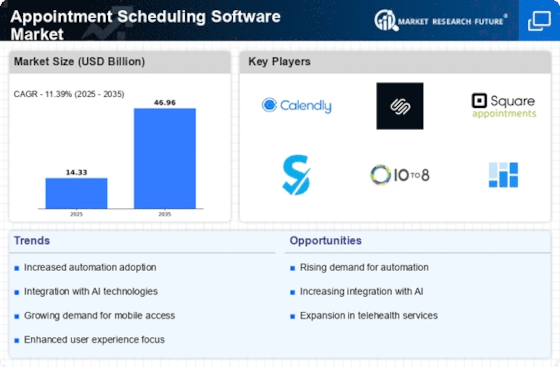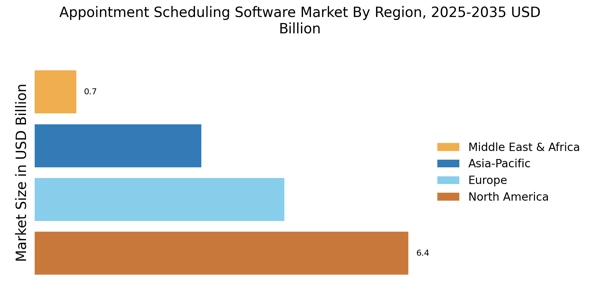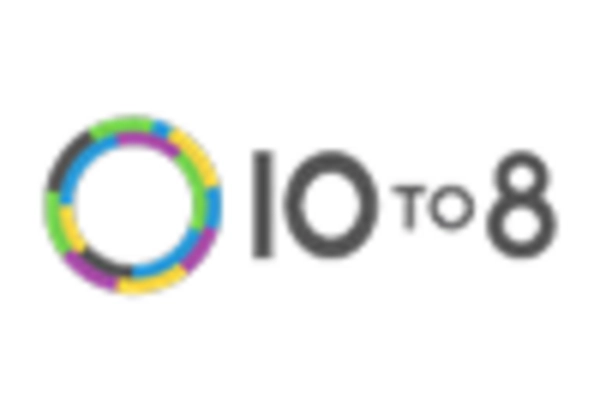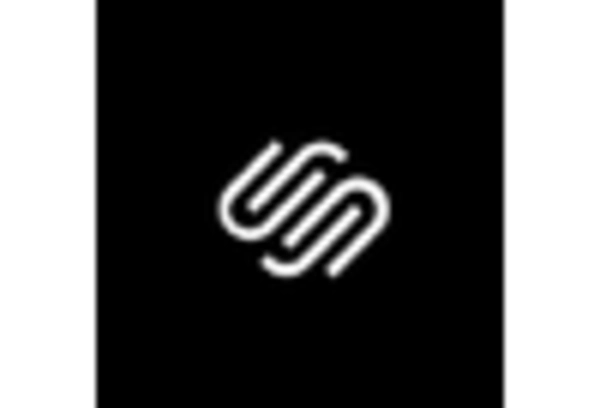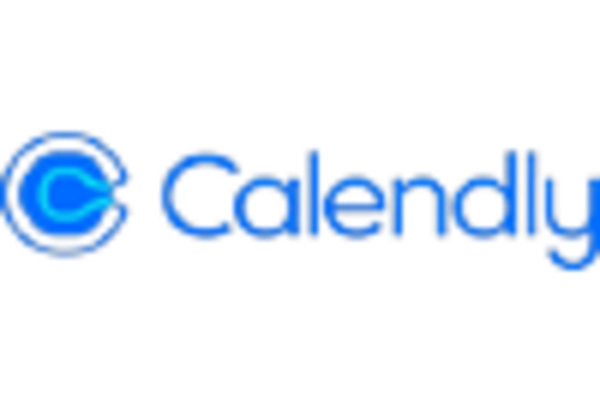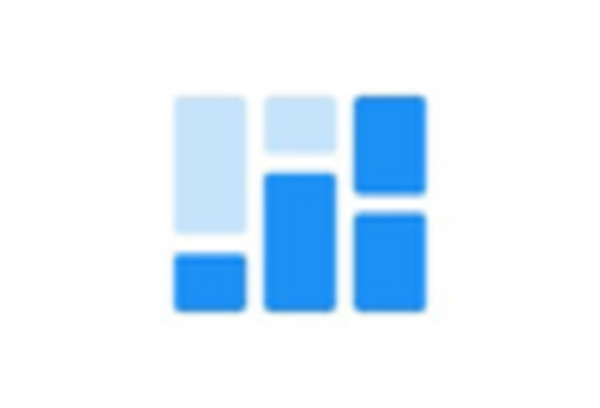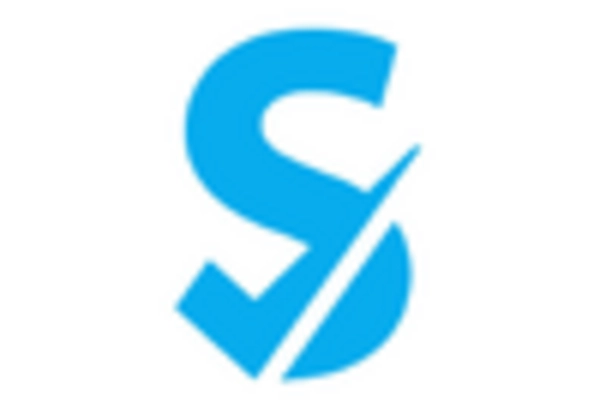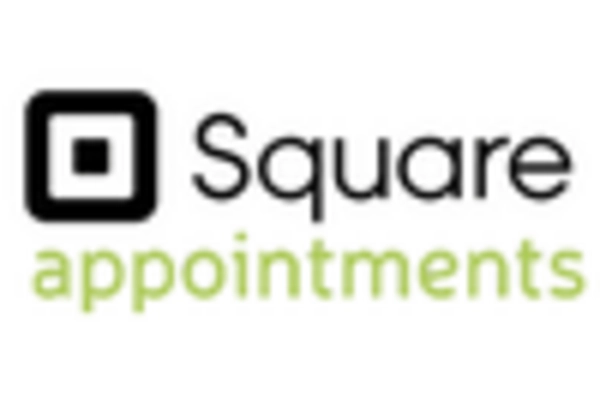Shift Towards Remote Work
The Appointment Scheduling Software Market is witnessing a transformation driven by the shift towards remote work. As organizations adapt to flexible work arrangements, the need for effective scheduling tools becomes paramount. Remote teams require reliable solutions to coordinate meetings and appointments seamlessly. Data suggests that companies implementing appointment scheduling software have improved their meeting attendance rates by approximately 20%. This shift not only enhances collaboration but also fosters a more organized approach to time management. Consequently, the demand for appointment scheduling software is expected to rise as businesses seek to accommodate the evolving work landscape.
Rising Demand for Efficiency
The Appointment Scheduling Software Market experiences a notable surge in demand for efficiency across various sectors. Organizations are increasingly recognizing the need to streamline operations and enhance productivity. This trend is particularly evident in healthcare and service industries, where appointment scheduling plays a critical role in managing client interactions. According to recent data, businesses utilizing appointment scheduling software report a 30% reduction in scheduling conflicts and a 25% increase in customer satisfaction. As companies strive to optimize their workflows, the adoption of appointment scheduling solutions is likely to continue growing, indicating a robust market trajectory.
Increased Focus on Customer Experience
The Appointment Scheduling Software Market is significantly influenced by the growing emphasis on customer experience. Businesses are increasingly aware that efficient appointment scheduling can enhance customer satisfaction and loyalty. Research indicates that 70% of consumers prefer online booking options, which underscores the necessity for businesses to adopt user-friendly scheduling solutions. By providing customers with the ability to book appointments at their convenience, organizations can improve engagement and retention rates. This focus on customer-centric approaches is likely to drive the adoption of appointment scheduling software, as companies strive to meet the evolving expectations of their clientele.
Growing Adoption in Small and Medium Enterprises
The Appointment Scheduling Software Market is experiencing a notable increase in adoption among small and medium enterprises (SMEs). These businesses are recognizing the value of efficient scheduling solutions to compete effectively in their respective markets. With limited resources, SMEs are turning to appointment scheduling software to optimize their operations and enhance customer interactions. Recent statistics reveal that SMEs utilizing such software have reported a 35% improvement in operational efficiency. This trend suggests that as more SMEs embrace digital solutions, the demand for appointment scheduling software will likely continue to expand, contributing to the overall growth of the market.
Technological Advancements in Software Solutions
The Appointment Scheduling Software Market is propelled by rapid technological advancements in software solutions. Innovations such as artificial intelligence and machine learning are being integrated into scheduling tools, enhancing their functionality and user experience. These advancements allow for features like automated reminders, intelligent scheduling, and real-time availability updates. As businesses seek to leverage technology to improve operational efficiency, the adoption of advanced appointment scheduling software is expected to rise. Market data indicates that the integration of such technologies can lead to a 40% increase in scheduling efficiency, further solidifying the market's growth potential.


